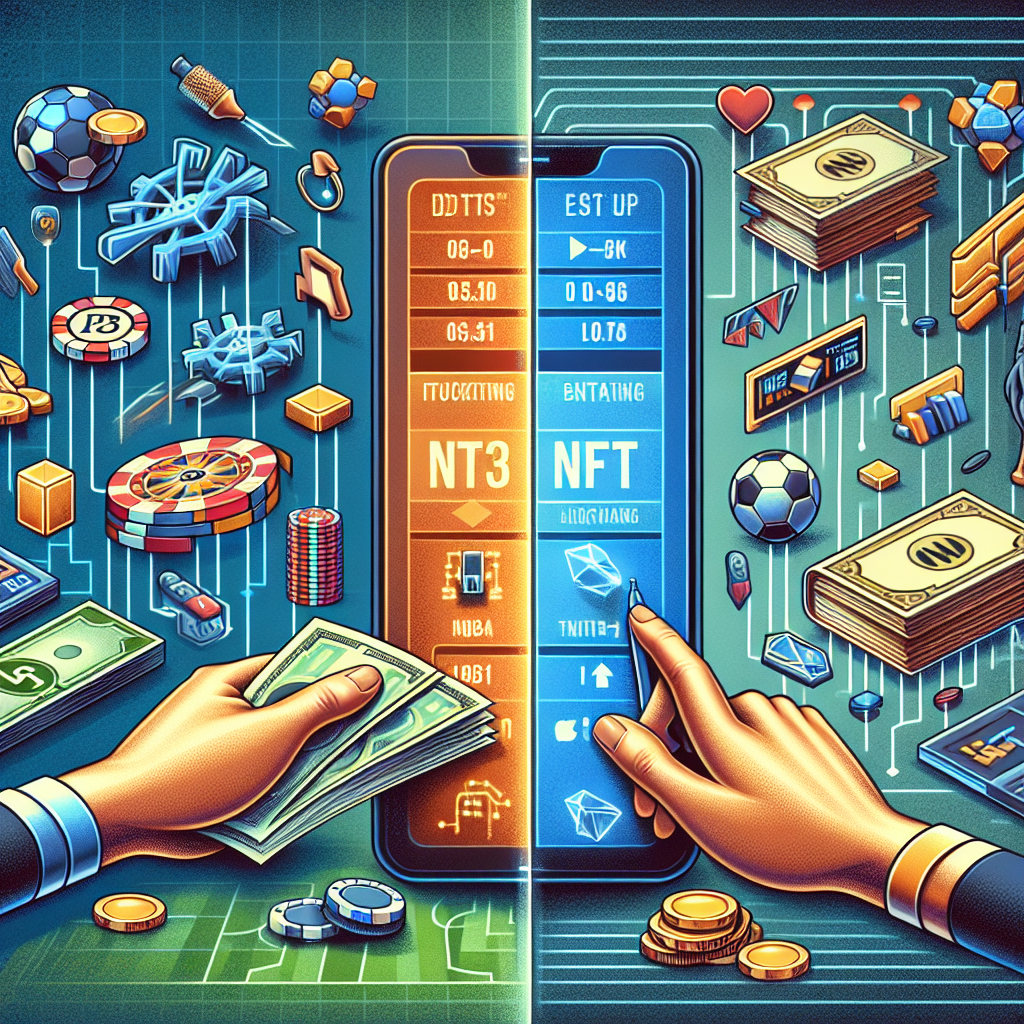The sports betting landscape is continuously evolving with the adoption of new technologies. Non-fungible tokens (NFTs) and Web3 technologies are currently leading the way in this evolution. These innovations have the potential to revolutionize sports betting by introducing new revenue streams and enhancing player engagement.
Web3 sports betting operates on decentralized applications powered by smart contracts. These smart contracts are built on blockchain technology, emphasizing decentralization. Blockchain ensures quick, secure, anonymous, and transparent transactions through the use of cryptocurrency.
Top crypto betting sites are leveraging Web3 technology to eliminate the need for central intermediaries in payment processes. NFTs, on the other hand, are unique digital assets that facilitate easy trading, proof of ownership, and secure authentication. These tokens, enabled by blockchain technology, can serve as admission tickets, digital memorabilia, and other assets that enhance the overall sports betting experience.
The utility and interoperability of NFTs offer endless possibilities for sports teams, leagues, and betting sites to create new revenue streams and engage with players. Blockchain and NFTs enable seamless interactions between players, ecosystems, and platforms, opening up new avenues for innovation in the sports betting industry.
Fantasy sports, a vital aspect of modern sports engagement, can also benefit from blockchain and Web3 technologies. Players can truly own unique in-game assets like currencies, player cards, and memorabilia, fostering a deeper connection with their favorite teams. Blockchain ensures transparency in fantasy sports results and rules, creating a fair gaming environment for all participants.
Moreover, blockchain technology reduces transaction costs and enhances transparency in traditional betting platforms. All bets and results are recorded on a public ledger, minimizing the risk of fraud and increasing player security. Cryptocurrencies offer players a higher level of anonymity and the ability to track all their transactions securely.
Decentralization in sports betting platforms results in lower transaction fees, as there are no intermediaries involved. This means a higher percentage of winnings goes directly to the players. Additionally, the borderless nature of crypto opportunities is breaking down international barriers, allowing players from around the world to participate in sports betting seamlessly.
While these technologies hold immense potential, challenges such as regulatory issues and the volatility of cryptocurrencies need to be addressed. However, the integration of Web3 and NFTs in sports betting is just the beginning. As these technologies continue to evolve, we can expect significant changes in the betting industry, paving the way for a more innovative and engaging sports betting experience.

